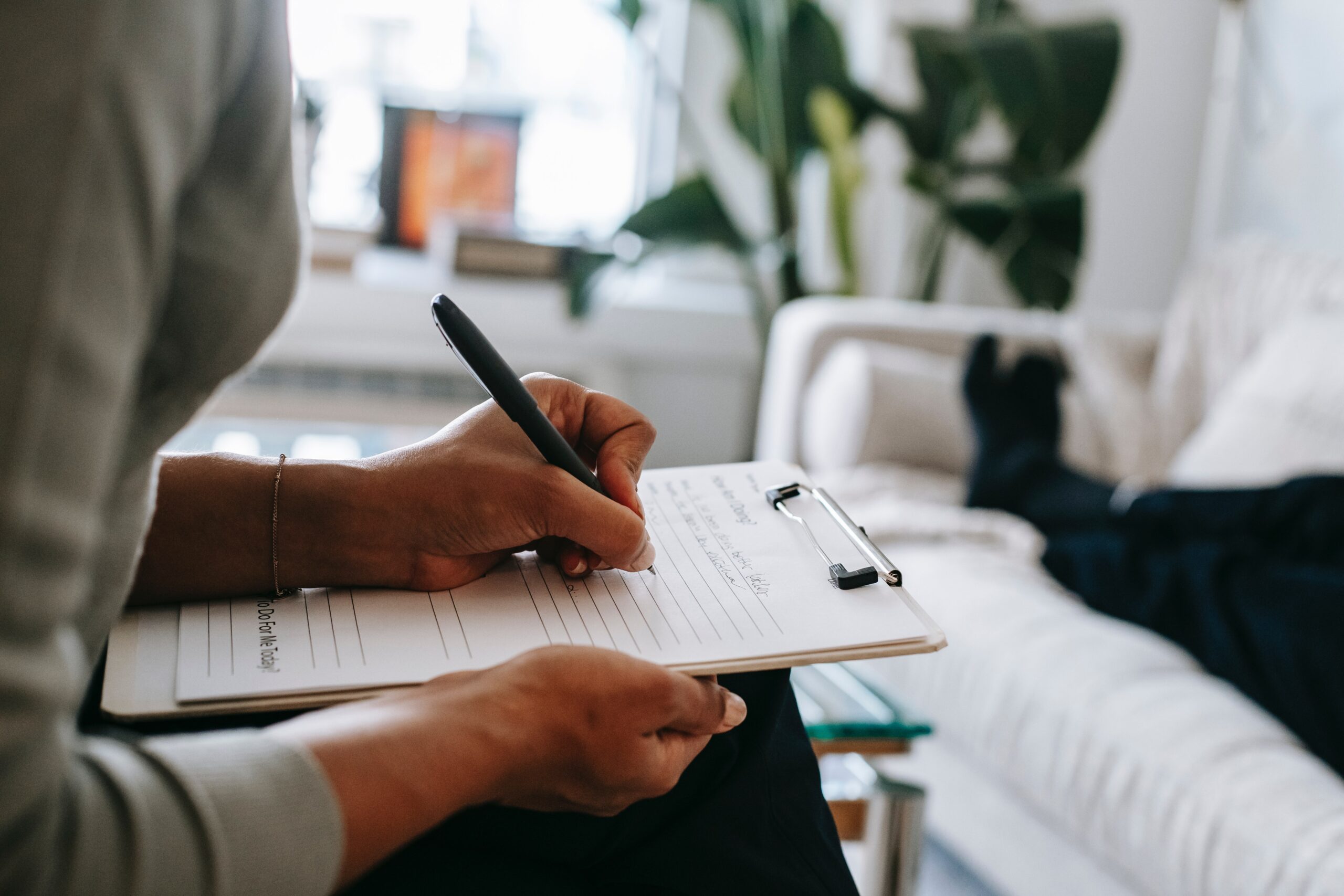
Q: I’ve realised that I am really struggling with emotional spending. Do you have any tips to tackle this and get my unnecessary buying under control?
A: Whether it’s celebrating a win by buying ourselves something we’ve been admiring or consoling ourselves with a “treat” after a difficult day, emotional spending is something that most of us can be guilty of at some point or another.
However, it can really be a slippery slope, and if we don’t get things under control, we could find ourselves gathering debt or overspending.
While identifying you have an issue with emotional spending is a significant first step to getting things under control, there are some additional actions that you can take:
1.Find out what is behind your emotional spending?
When you have the urge to spend emotionally, instead of clicking buy, take a moment and try and think why. What are you feeling in that moment that you feel will be helped by spending? How is whatever you are buying help with that feeling? Once you can identify your emotional spending triggers, you can start thinking about the best way to manage them.
2.Pause
If you’re feeling the urge to spend unnecessarily, pause. Leave the items in your online basket or step out of the shop. Wait a few days, then ask yourself if you still want and/or need the items. This will help you to figure out if you really want the items, or whether you were spending on a whim.
3.Delete shopping apps and remove from mailing lists
Sometimes taking temptation away from your fingertips is the best step. Delete your shopping apps and take yourself off mailing lists that might tip you off about new items “offers” or more. This will make it that bit harder for you to make an impulse purchase.
4. Find other ways to cope
More often than not, emotional spending is never really going to be more than a temporary fix. So as difficult as it might seem, one way to tackle it is to face up to the negative emotion or situation that is triggering your spending and find an alternative way to address it. This may sound difficult, but it could start with just reaching out to friends or family to talk.
While emotional spending is something that we do need to keep in check, it’s also important that we remember to not be too hard on ourselves. Yes, we shouldn’t let ourselves fall into bad habits, but let’s also take a moment to remember that we are human, and it is difficult not to react emotionally especially during difficult times in our lives.
An occasional treat or a purchase to lift your spirits is absolutely fine as long as we aren’t putting our finances at risks. So rather than aiming for perfection or zero emotional spending, try and focus on better managing your emotional spending, and finding ways to avoid unnecessary buying.
Do you have a question you’d like Dav to answer? Email us and let us know. All responses are opinion only and do not constitute financial advice

